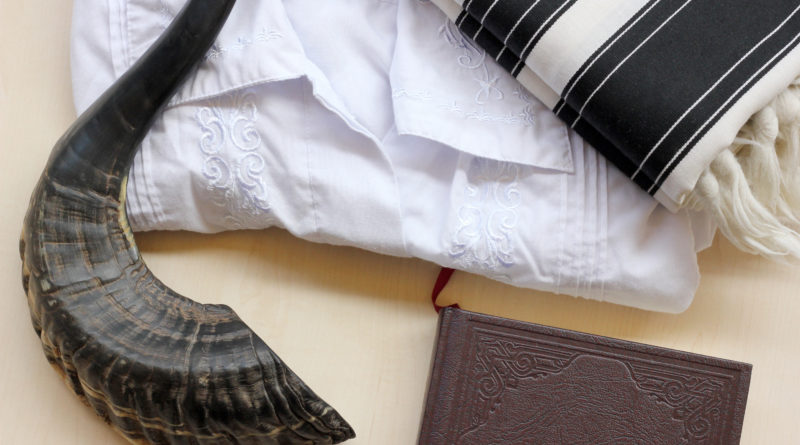What Is Yom Kippur?
921 total views, 1 views today
Recently, Jews celebrated the Jewish high holiday of Rosh Hashanah. This was just the first of the high holidays – Yom Kippur always follows eight days later. For both holidays, many observant Jews stay home from work, turn off their electronic devices, and devote their days to religious ceremonies (and in some school districts, public schools are closed for the high holidays).
What is Yom Kippur, how does it compare to Rosh Hashanah, and why is it so paramount to the Jewish religion? Read on to learn all about this vital Jewish holiday.
What does Yom Kippur celebrate?
On Yom Kippur, Jews are closer to God than on any other day of the year. Given this proximity, Jews devote Yom Kippur to confessing their sins to God and asking for his forgiveness. The holiday title “Yom Kippur” is thus quite appropriate, as this phrase literally translates to “day of atonement.” It is the single holiest day of the year in the Jewish religion.
When is Yom Kippur?
On the Jewish calendar, Yom Kippur always falls on the 10th day of Tishrei, which is the first month of the Jewish year. However, the Gregorian calendar and the Jewish calendar are never in perfect alignment, so the dates for Yom Kippur vary every year. This year, Yom Kippur begins just before sunset on Tuesday, October 8th and lasts through just after nightfall on Wednesday, October 9th.
How is Yom Kippur celebrated?
To honor Yom Kippur, Jews cleanse themselves of their sins and purify their souls for the new year. To do so, observant Jews fast for 25 hours, an amount of time that is intentionally one hour longer than 24 hours. Since the exact time when nightfall begins can often be subject to debate, the extra hour is intended to ensure that nobody accidentally eats during the holiest day of the year.
Yom Kippur fasting includes not just food, but water, so observant Jews won’t use water to brush their teeth on Yom Kippur. Additionally, Yom Kippur celebrators will abstain from washing themselves, using lotions or creams, and wearing leather. They will instead devote the majority of their day to attending Yom Kippur services at a nearby synagogue and asking for God’s forgiveness.
People who may have medical issues preventing them from fasting are permitted to do so. In fact, the Torah even says that caring for one’s own health should come before celebrating Yom Kippur.
How do Yom Kippur and Rosh Hashanah differ?
Since Yom Kippur and Rosh Hashanah occur within such a short time of one another, those unfamiliar with Judaism may accidentally conflate them. However, the two holidays are not nearly identical.
Rosh Hashanah is a celebratory occasion, one that honors God’s creation of Adam and Eve. The day is full of community gatherings and festive meals specific to the holiday. Yom Kippur, however, is much more somber in tone, requiring a cleansing in literal and figurative senses.
How should Yom Kippur celebrators be greeted?
Jews observing Yom Kippur will be happy to hear the greeting “have an easy fast.” This phrase is preferred to a more celebratory greeting such as “happy holidays.” Additionally, the Hebrew greeting “yom tov” and the Yiddish greeting “good yuntif” both translate to “have a good holy day,” an appropriate sentiment for Yom Kippur.
How do you observe Yom Kippur? Leave a comment to educate other readers.

